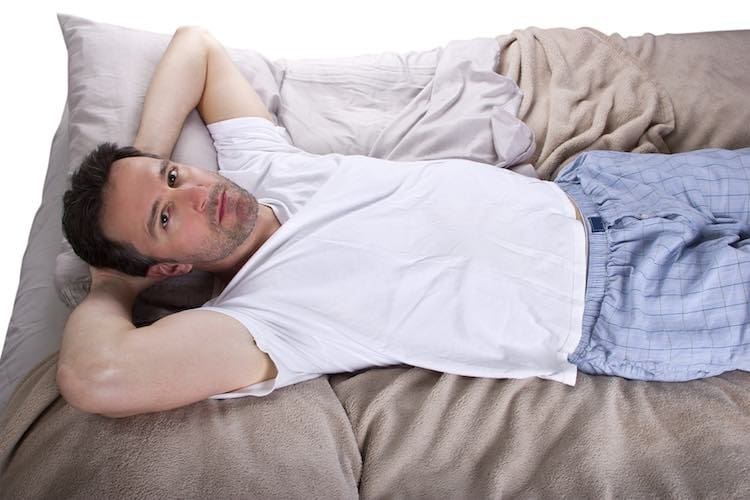Eating less dietary fibre, more sugar and more saturated fat contributes to a poor night sleep. New research suggests that some foods might be able to assist with promoting a good night’s sleep.
Sleep and diet are strongly linked but few studies have examined how people sleep when on different diets. A study in the USA investigated this link.
A group of healthy adults were required to move into a hospital ward for five days on two occasions. At random, people ate either as they would or were given a healthier diet with more dietary fibre, less fat and more protein.
Sleep came easier when the amount of dietary fibre was increased.
With the high-fibre diet it took just an average of 17 minutes to fall asleep. People following an unhealthier diet took an average of 23 minutes to fall asleep. Sleeping patterns also differed, with the higher fibre-diet improving the restorative slow brain wave (or deep) sleep.
Implications
Eating a healthy diet, rich in dietary fibre and low in saturated fat helps people fall asleep and also promotes a deeper sleep. This study was performed in healthy people with normal sleep patterns, so the value to people with sleeping problems is not yet known.

